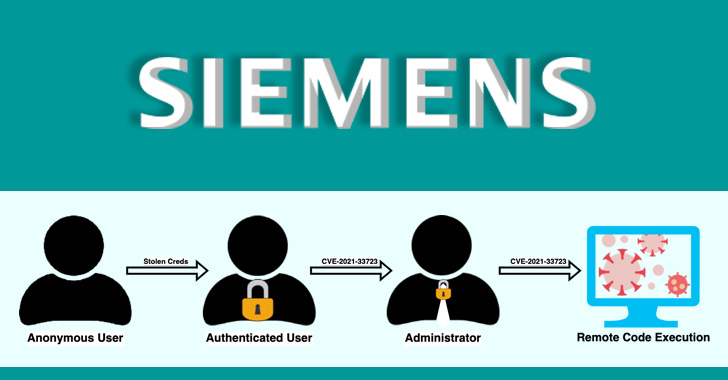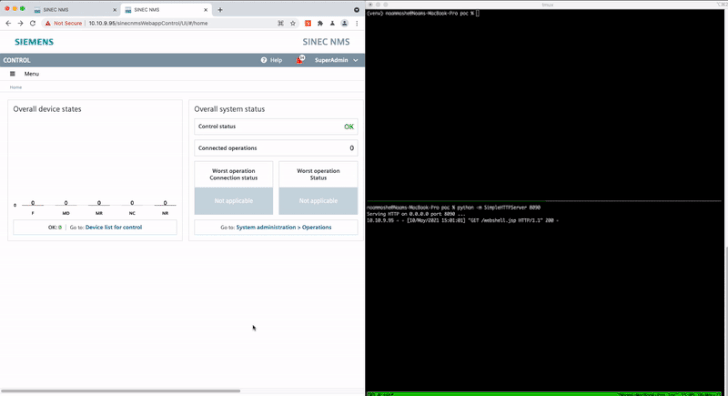- Students can do this full time or along with an on-campus degree.
- Open to working professionals and those taking a career break.
Manama: Indian Institute of Technology Madras (IIT Madras), ranked No.1 in India Rankings 2021 by NIRF, is inviting applications from the students of Bahrain to apply for the world’s first BSc Degree in Programming and Data Science.
Anyone who is currently in Class XII and studied English and Math in Class X, can apply for the qualifier exam. Students in class XII can gain admission now and join the program after completing their class XII. The classes for the next qualifier batch will commence in September 2022.
The last date to apply for the September Term of this Data Science Program is 19 August 2022. Interested students can apply through the website – https://onlinedegree.iitm.ac.in.
Data Science is one of the fastest growing sectors that is predicted to create 11.5 million jobs by 2026. This unique program will be offered in three different stages; Foundational Level, Diploma level, Degree level. Applicants are invited irrespective of their geographic location, academic background, and profession.
“The BSc Program in Programming and Data Science is an interactive program to underline the fact that IIT is within the reach of everyone. Unlike any other selection exam, the BSc Program has a qualifying exam. Data Science is a growing field and for at least 15 to 20 years there will be no dearth of jobs. We are planning to make IIT Madras a ‘Vishwa-guru (Global Teacher)’ through visionary approaches to enhance the quality of education. IIT Madras’ BSc program is meticulously drafted to align the goals of the National Educational Policy.” says, Prof. V Kamakoti, Director, IIT Madras.
More than 60,000 applications have been received for the BSc qualifier process so far and currently, more than 12,500 students from various countries are pursuing the BSc program. The diversity of the learners in the program in terms of student age (18-76 yrs), role (students from different educational backgrounds – commerce, arts, science, engineering, management, medicine and law, among others, working professionals from different industries sectors) and learners being from more than 25 countries is one of the highlights of the program.
The program is highly flexible keeping the convenience of the learner in mind, where weekly content is released on a portal for anytime access, while all examinations have to be attended in person at designated centers in Bahrain, which ensures credibility of the learning assessment. The application process includes four weeks of training, which includes video lectures, weekly assignments, discussion forums and live interactions with professors and course instructors. Applicants have to write the qualifier examination in person which is based only on these 4 weeks of content and if they get more than the minimum cutoff, they can join the foundation level of the BSc in Programming and Data Science. The qualifier exam can be written at the exam centers in Bahrain IIT Madras is working with Laurels Center for Global Education to conduct










